Looking for informants in Ulaanbaatar
I am looking for women in Ulaanbaatar with a close relationship with computer technology (like students, lecturers or workers in computer science or a related field of computer technology) who would be willing to participate in an interview.
My name is Hilde G. Corneliussen and I am a researcher in Digital Culture at University of Bergen in Norway. I have been doing research on men and women’s relationships with computer technology for many years, and I am now looking for women in Ulaanbaatar who could participate in interviews in an international study called “Technicity – Exploring women’s relationship with computer technology”.
The interview will take place in Ulaanbaatar in second half of July 2013.
The interview will take about one hour. It is not a prerequisite, but a great advantage if we can do the interview in English.
Please send me an email or contact me on Facebook if you have questions or if you are interested in participating, and I’ll provide more information about the project.
Email: hilde.corneliussen@lle.uib.no
Facebook: https://www.facebook.com/hilde.g.corneliussen
Hope to see you in Ulaanbaatar!
Hilde G. Corneliussen
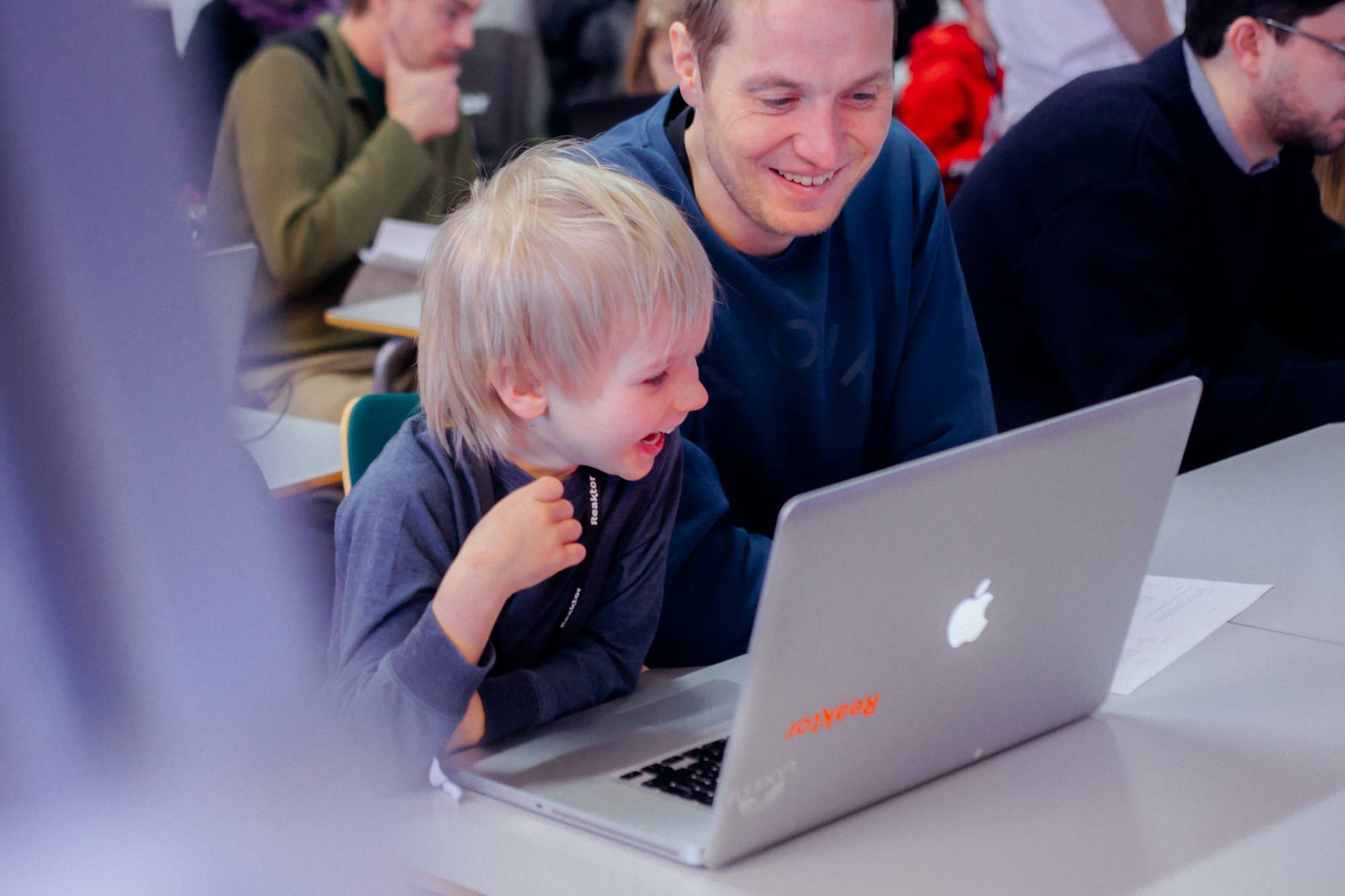 Encouraged by the positive feedback from the participants, we agreed that all children should get the chance to try out the basics of programming in a fun, tangible way. Word of a public code club spread through word of mouth and social media, and the registration for the first Code School filled up within an hour. Over 300 children were placed on a waiting list.
Encouraged by the positive feedback from the participants, we agreed that all children should get the chance to try out the basics of programming in a fun, tangible way. Word of a public code club spread through word of mouth and social media, and the registration for the first Code School filled up within an hour. Over 300 children were placed on a waiting list.
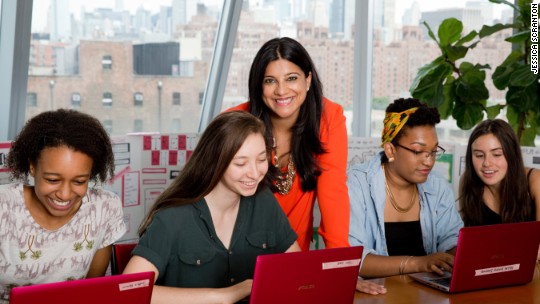
 Memory, Commemoration and Communication: Looking Back, Looking Forward
Memory, Commemoration and Communication: Looking Back, Looking Forward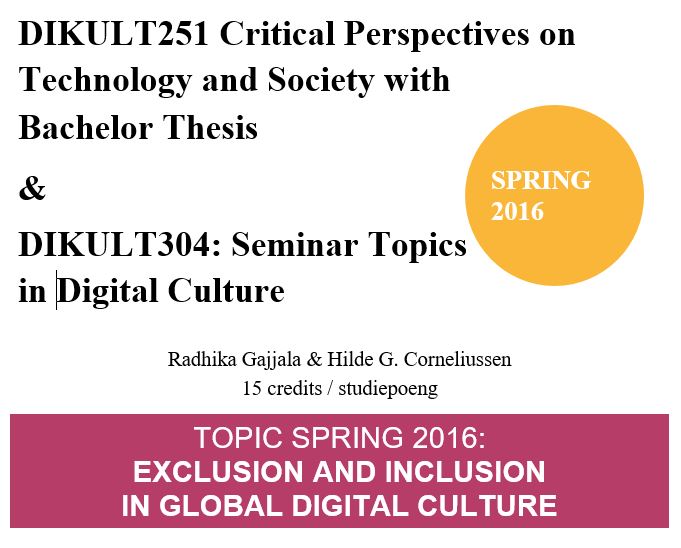


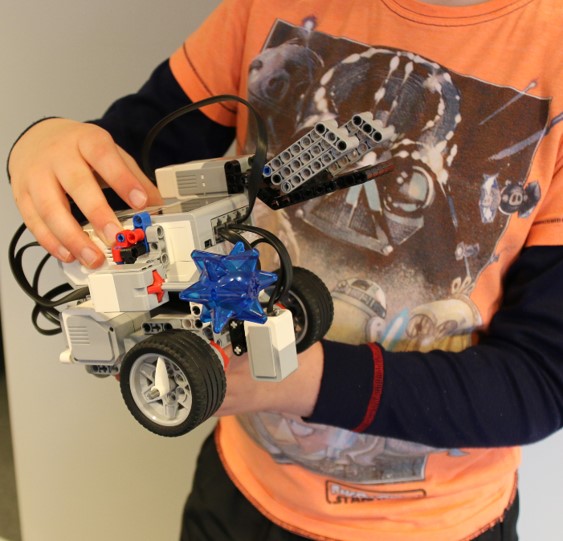
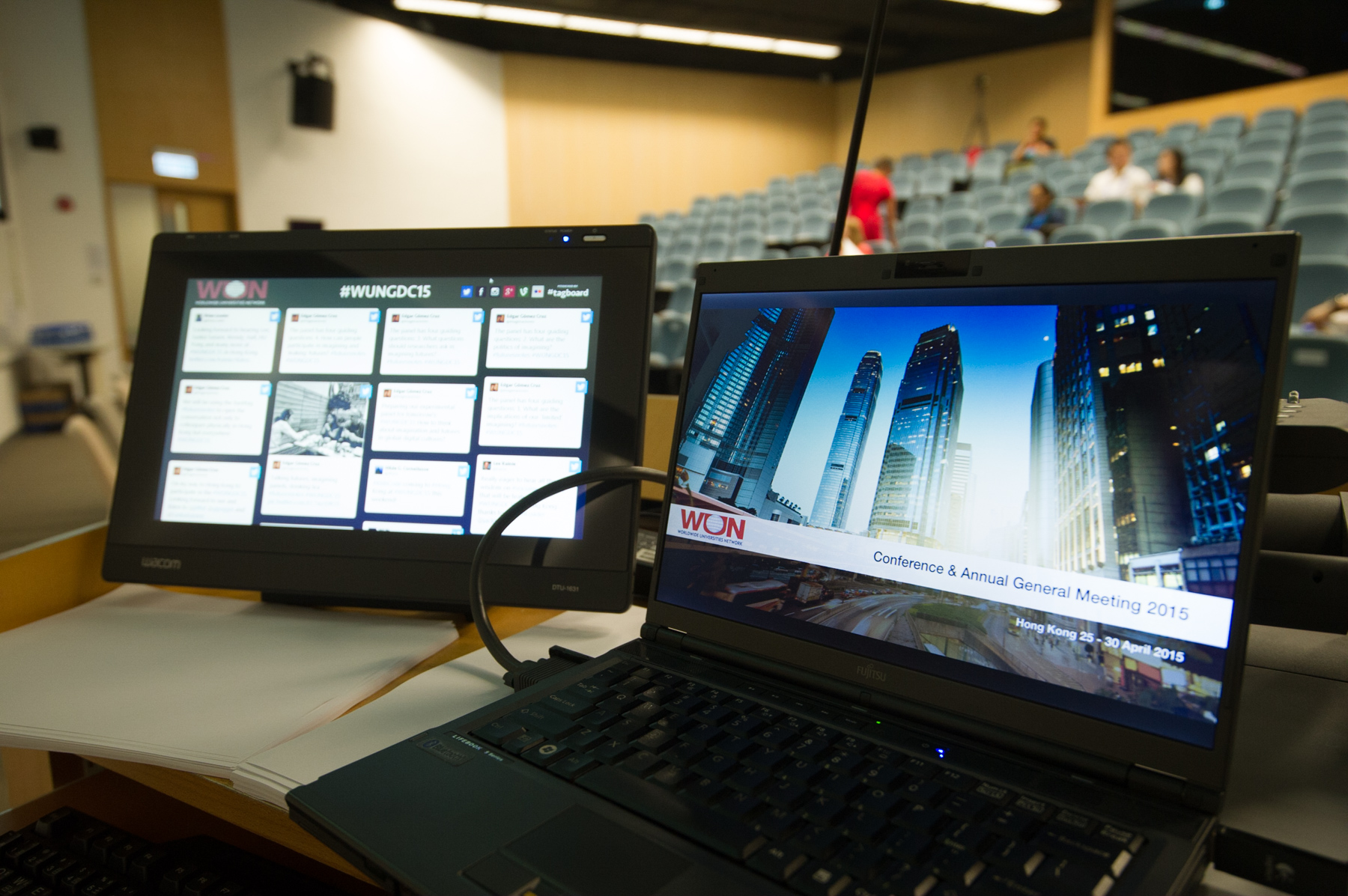
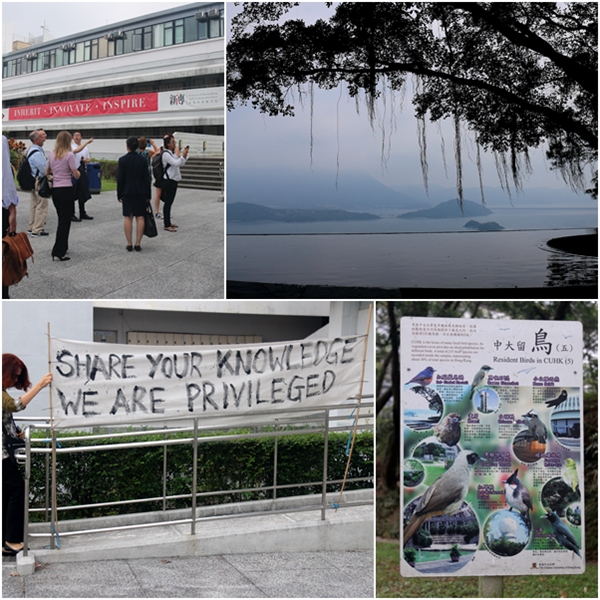
 We made it safely to Ulaanbaatar and back. A fantastic trip – read about it
We made it safely to Ulaanbaatar and back. A fantastic trip – read about it 
